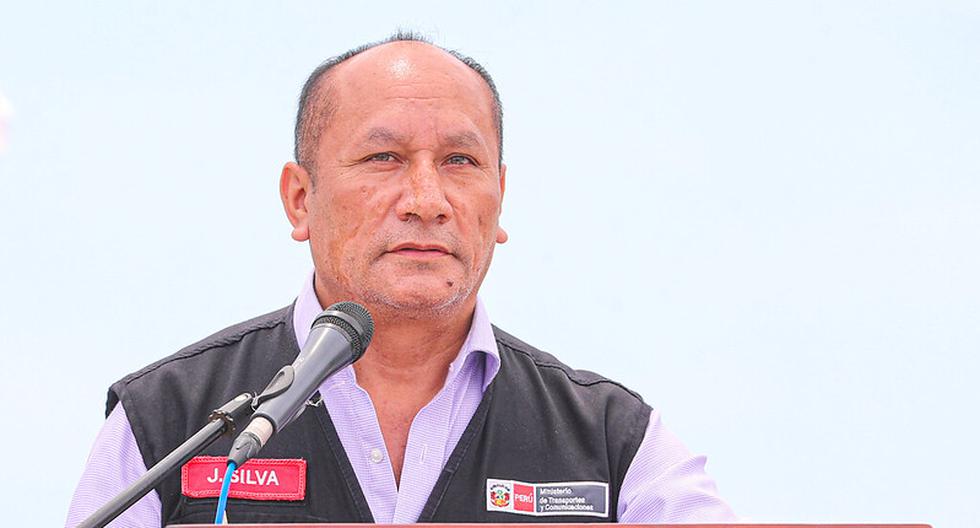Those starkly contrasting worlds will meet next month thanks to the desire of the nominated directors of a documentary on the homeless crisis to invite their characters to the Oscars red carpet.
“Hopefully on the day of the ceremony we can show a little of that coexistence and raise awareness of that humanity that is there, literally on the other side of the street, and that we have ignored for a long time,” said Brazilian Pedro Kos, co-director of the short film. documentary “Show me the way home”.
“We hope to be able to take two or three of them with us,” added his director’s partner, the American Jon Shenk, in an interview with AFP.
The documentary, available on Netflix, follows several homeless and vulnerable people in Los Angeles, San Francisco and Seattle for three years.
It intimately shows their daily routines and difficulties on the streets, as well as their hopes of getting out of them.
Among the people accompanying them is Luis Rivera Miranda, a middle-aged man who has a dog and who begins an affair with a woman who is also homeless; and Ronnie “Future Astaire” Willis, who dances on Hollywood Boulevard in front of tourists to earn his bread.
“He has an extraordinary story: someone with classical dance training who has danced with Janet Jackson, choreographed Sisqo’s hit ‘Thong Song,'” and “has lived through very difficult times, unfortunately, for various reasons,” Kos explained. .
In Willis’s scenes, “you see the side of the Dolby Theater,” where the Oscars are held, he added.
According to the filmmakers, part of the problem is that many people see people living on the streets in a dehumanized way, and become convinced that the homeless are responsible for their tragedy.
Addressing the causes that pushed them onto the streets, the people in the short film list various factors such as disabilities, rejection by their families for being trans, and depression.
“We hope that the documentary can provide a new perspective, that it puts a face to what is happening,” continued Shenk, who hopes that it will work as a reminder of who suffers from this situation. “They are Americans, they are our neighbors, they have rights, they are people.”
“GIGANTIC CRISIS OF HUMANITY”
The directors embraced their characters and gained their trust by working with homeless support organizations.
Instead of interviewing them directly, Shenk placed his camera in shelters where homeless people participated in “vulnerability screening” interviews, leaving the room to allow them to freely discuss their situation.
But one of the most poignant moments in the documentary is when a homeless woman tells a social worker at a makeshift camp that a man named Mike has beaten her again, prompting the social worker to call a shelter to help her escape. .
“For women, sexual violence is a real thing,” Shenk said. “Not a single woman we met comes to mind that she doesn’t have a story related to this.”
Shenk and Kos do not propose a solution to this problem that is the province of the leaders of the cities of the west coast of the United States, but they think that simplifying the enormous bureaucracy of the social programs available to the homeless could be a start.
Los Angeles is currently conducting its first homeless census in two years due to the pause imposed by covid-19.
The documentary points out that the no-eviction policy adopted during the pandemic will soon expire, possibly worsening the crisis.
“We have no doubt that we are experiencing a gigantic crisis of humanity in the United States,” Shenk said.
“We hope to use this little moment of attention in our little movie to open up a conversation that allows people to have a point of view that they might not otherwise have had.
The entrance Oscar-nominated documentary filmmakers want to bring homeless people to the gala was first published in diary TODAY.


















